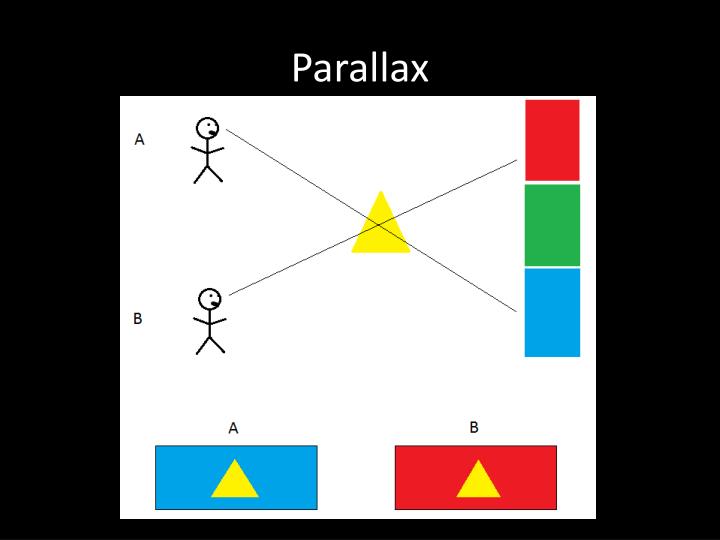

Lack of ACh is associated with Alzheimer's disease.Īchievement motive-the desire to accomplish something, to excel, or reach a standard of excellence.Īchievement tests-tests that measure our current mastery of a subject or specific program of study.Īcoustic encoding-the encoding of sound, especially the sound of words.Īcquisition-learning a new behavior refers to the initial stage of conditioning in which the new response is established and gradually strengthened.Īction potential-also called an impulse, the "firing" of a neuron a net flow of sodium ions into the cell that causes a rapid change in potential across the membrane when stimulation reaches threshold.Īctivation-synthesis theory-during REM sleep the brainstem stimulates the forebrain with random neural activity, which we interpret as a dream.Īctive listening-Rogers's term for hearing another person with complete attention to what he or she says and means through acknowledging feelings, echoing, restating, and seeking clarification.Īctor-observer bias-tendency to focus on our own situations and the other person, rather than his or her situation, when we interpret behavior.Īcuity-ability to detect fine details sharpness of vision. Abnormal behavior-behavior that is statistically unusual, maladaptive, and personally distressing to the individual.Ībsolute threshold-the weakest level of a stimulus that can be correctly detected at least half the time.Ībstract learning-learning in which the relationship between and among stimuli is more important than the physical features of the stimuli.Īccommodation-process by which we modify our schemas to fit new information process of changing the curvature of the lens to focus light rays on the retina of the eye.Īcetylcholine (ACh)-a neurotransmitter that causes contraction of skeletal muscles, helps regulate heart muscles, is involved in memory, and also transmits messages between the brain and spinal cord.


 0 kommentar(er)
0 kommentar(er)
